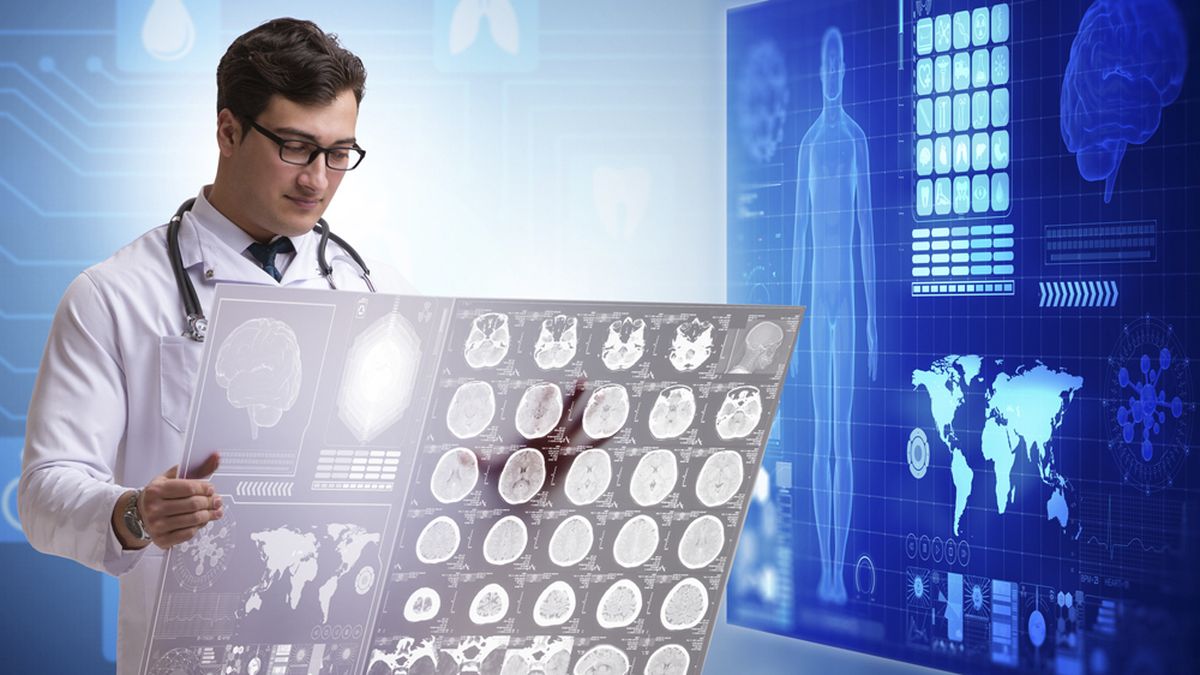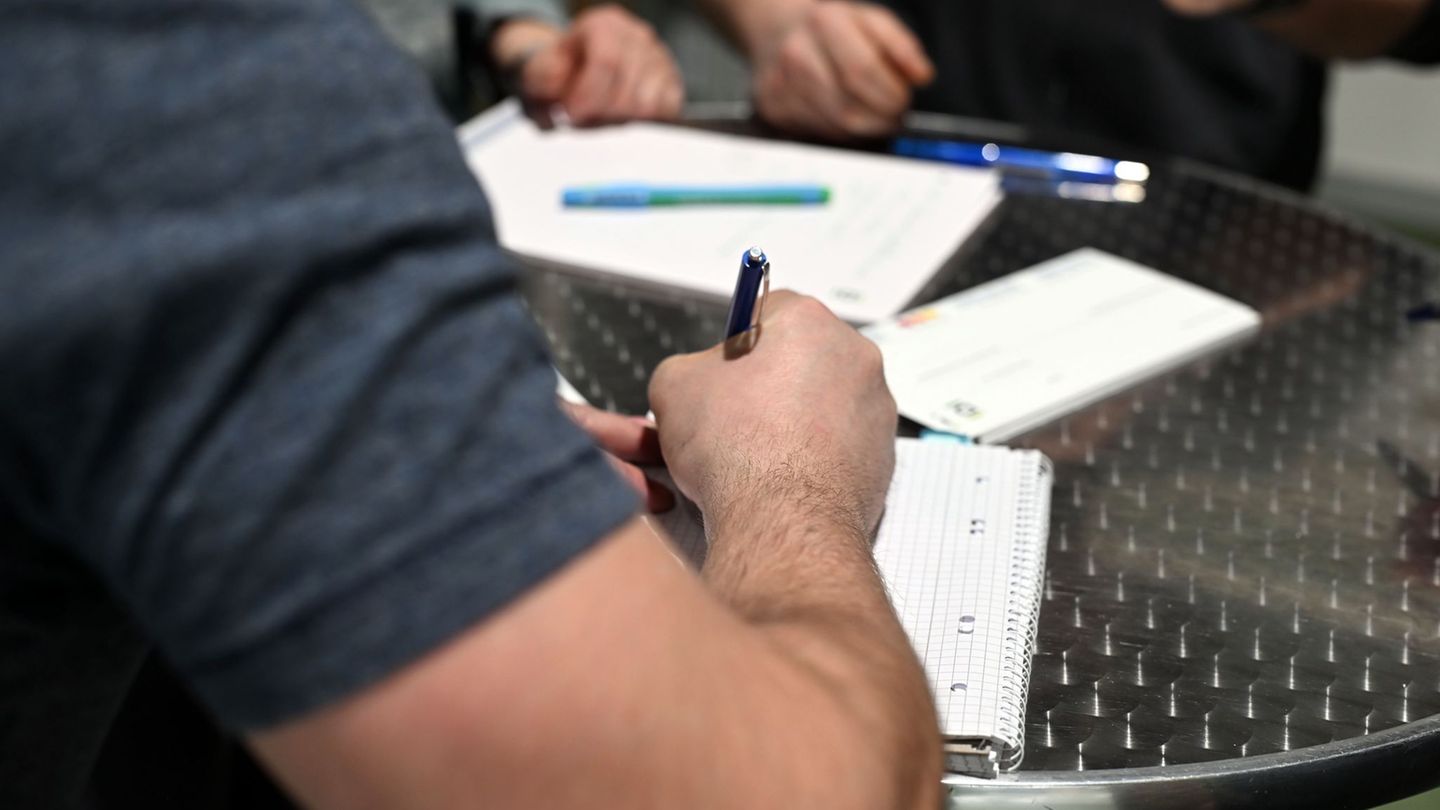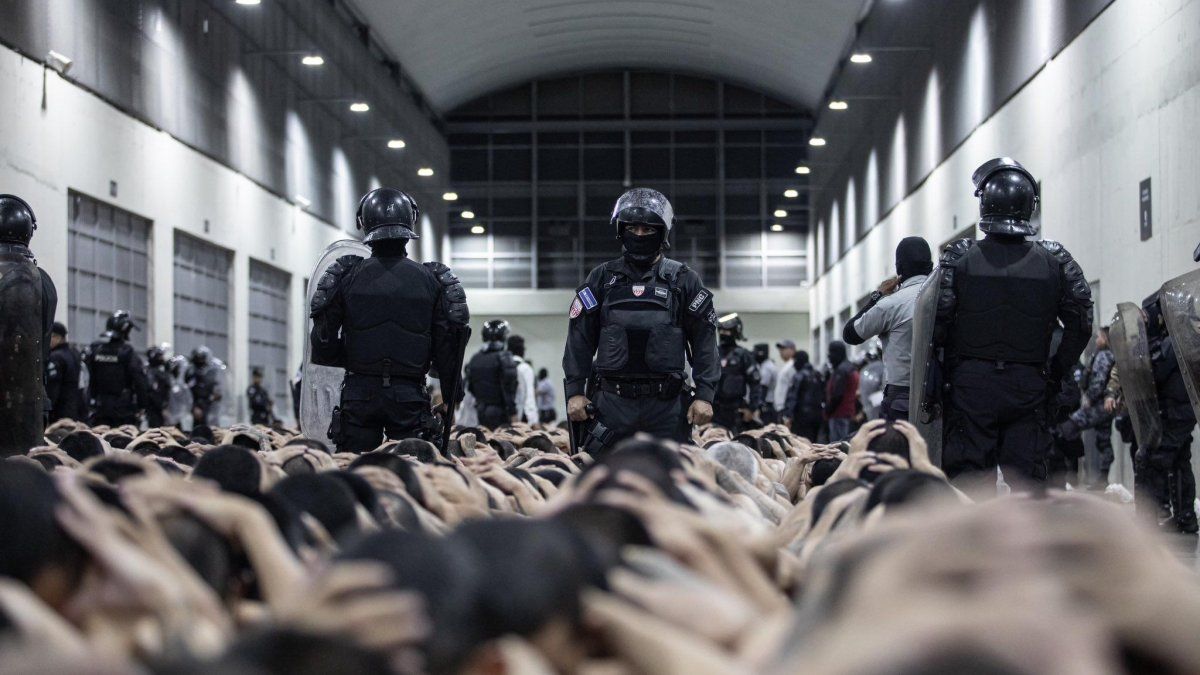In a global context of economic transformations and challenges, Siemens Healthineers reaffirms its unwavering commitment to Argentina, A country where health faces significant challenges. This decision is based on a long -term vision that prioritizes not only the sustainability of its operation, but also the positive impact that it can generate on the lives of patients and the health system as a whole.
A sector in transformation
Medical care is, and will always be, focused on people. However, the world faces an alarming reality: a deficit of 11 million health workers for 2030 (WHO, 2023) is projected. This challenge requires deep and urgent solutions. How can we ensure that each patient receives timely care in a system that, although advanced in many areas, continues to face serious limitations?
Technology undoubtedly plays a fundamental role. Artificial intelligence and digitalization have transformed our diagnostic capacity, allowing to detect diseases such as cancer or cardiovascular pathologies in earlier stages and with greater precision.
In Argentina, according to the National Census of 2022, 39.1% of the population depends exclusively on the public health system. The disparity in the distribution of medical professionals, with greater concentration in urban areas and less in rural areasgenerates inequality in access to services. The gap in health coverage is evident: 47.4% of people who depend on the public system did not consult a doctor in the last 12 months (UCA, 2022) How can we improve equity in access to medical care?
Closing the access gap
In countries such as Argentina, where the population is concentrated in large cities while many communities remain isolated, guaranteeing access to health remains a significant challenge. The implementation of remote monitoring technologies has allowed important advances, but there is still much to do.
The Argentine health system faces great challenges, including fragmentation between public, private and social works subsystems, which hinders efficiency and equitable access to services. In addition, the growing financial pressure in health institutions requires optimizing costs without compromising the quality of care.
In this context, telemedicine and connected technologies can be key tools. A future in which a doctor in a large city supervise in real time patient treatments in rural areas is possible. However, for this reality to be sustainable, it is essential to invest not only in the technological infrastructure, but also in the training of professionals and in the strengthening of the health system as a whole.
Forming the workforce of tomorrow
The future of the health system depends on its professionals. It is not enough to implement advanced tools; We must also train those who will use them. Constant training is essential to face challenges that evolve as quickly as the technologies that address them.
In this sense, personalized programs and simulation platforms not only improve technical skills, but also prepare professionals for a constant change. How to ensure that this training inspires health workers to become leaders and agents of change in their communities?
Ethics and transparency: Essential principles
In an industry where decisions directly affect human lives, transparency and ethics are not optional. Companies, governments and organizations must work together to promote practices that prioritize the well -being of people above any other consideration.
Collaboration is a central pillar. No entity can solve the challenges of the health system alone. Strategic alliances, which combine technical experience with local knowledge, are key to implementing effective and sustainable solutions.
The way to a more inclusive, efficient and human health system is full of challenges, but also of opportunities. This is a call to all the actors involved: together, we can build a healthier future for all.
General Director of Siemens Healthineers in Argentina, Chile and Uruguay
Source: Ambito
David William is a talented author who has made a name for himself in the world of writing. He is a professional author who writes on a wide range of topics, from general interest to opinion news. David is currently working as a writer at 24 hours worlds where he brings his unique perspective and in-depth research to his articles, making them both informative and engaging.




